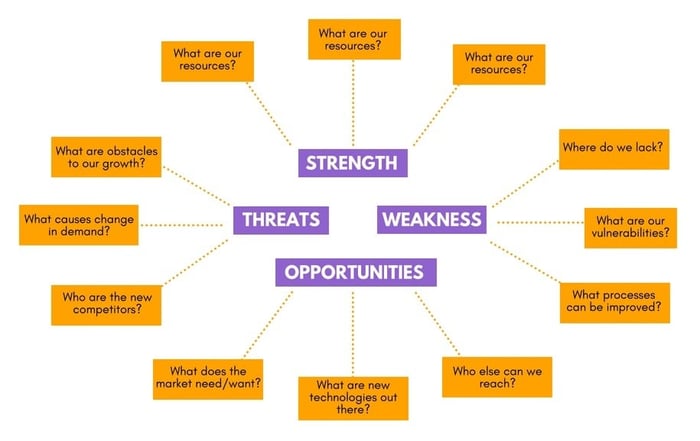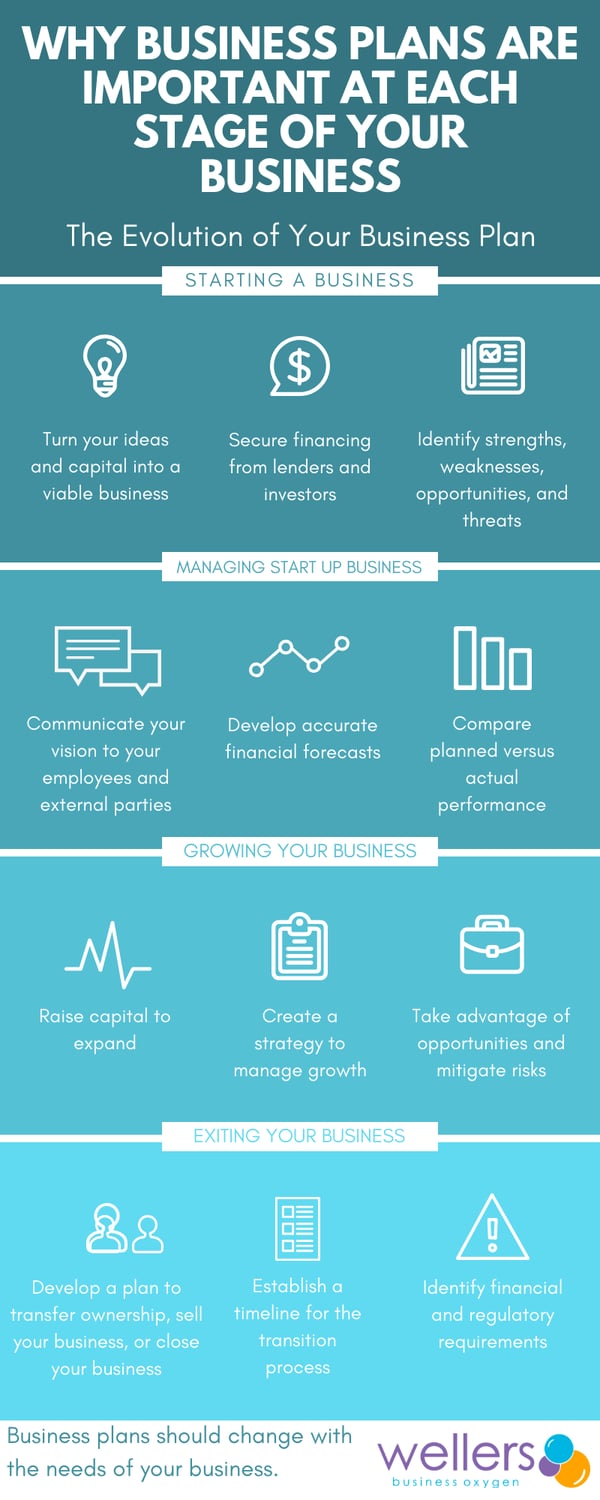
Everyone wants the perfect business right?
A money making, well oiled machine that leads the market, and can run without you, sound good?
If only it were as easy as just wanting it! Being a potential business owner, you will set goals around things like profitability, productivity, and growth (just to name a few). Achieving these objectives amidst the daily meetings, phone calls, pitches, and e-mails, means you’ll need to create an effective business plan.
Starting a business can be a very complex process. Having a plan is important to the success of your venture as it maps out all of the details surrounding your concept and strategy.
If you’ve already started up and your business is growing, congratulations! Reviewing the key elements of a business plan can help you avoid crisis situations. Remember, your document is at the core of all that you do, that's why we've written this post because it will be a key facet to helping you achieve your aspirations.
This is placed as number one on our list of components of a business plan, but it can easily be the final stage. That's because sometimes it's easiest to write your summary after you've covered all the other details.
A great summary is one of the key features of a business plan. It serves as an overview of your entire business and the elements surrounding it.
Be sure to outline succinctly the 5 "W"s (Who, What, Why, When, Where) as well as the mission statement. Think about why you started the business along with where you would like it to be in the future, how will you get there? Your mission statement is the start of creating a culture that people in your organisation will live and work by.
This section should contain details of things such as your goals and the customers you will service. What are the products and services you will offer to your customers? You'll need to provide an overview of them and how they will address customers' needs and wants?
You've come up with this great business idea, but how will it do in the market? Or, more importantly, what is the market for it? How well do you know the market? What does a typical buyer look like, what is their income level? Does the business have the hallmarks of disruptive innovation?
This is the time to research and determine who your target market is and ask specific questions that relate to your product or service. Put you idea to the test. What have others done before you and what can you do differently and better? Analyse what information you've uncovered and outline it's potential impact in your plan.
Create a detailed list of your strengths, weaknesses, opportunities and threats. This needs to be done with an open and honest approach, keep emotions out of it, focus on being objective when analysing your business and those of your competitors.
Any strengths you uncover will represent internal, positive factors in your business that are within your control. Weaknesses are also internal, but are negative factors that need to be improved.
Both opportunities and threats are external factors. While opportunities will potentially positively impact on your business, threats represent negative factors beyond your control. For example, are there high barriers to entering the market? Does a competitor have the market cornered due to brand loyal customers? These could harm your enterprise, so you need to strategise for it in your plan.

Who will run the business, who are the directors in the business? What are the skills of the management team and how do their different responsibilities make maximum use of their abilities. What is the chain of command in terms of decision making?
Also use this section to identify how the management team, and taking on employees will help maximise strengths, while addressing identified weaknesses to help improve the business.
Finally, which of the UK's business structures will you choose to operate through?
In this section you need to detail what will be produced and how it will be sold. You should explain how your product or service will meet a particular need in the marketplace, and how you'll get customers returning to make repeat purchases. Repeat custom is after all the lifeblood of many a good business.
Who will you rely on, in terms of suppliers, to help you assemble your products? What intellectual property, patents or copyright do you own, or might you be at risk of potentially infringing?
What is the branding to your business? What are the key messages you want to communicate with your target market and how will you go about reaching them? How will you achieve market share and at what cost in terms of your budget?
Ideas are great, but how will you make them a reality and sustain a viable business. Creating a financial plan will give you the opportunity to address your financial concerns and talk money, think about start-up costs, financial projections, funding and investor pitches.
You'll need to list how much your start-up will cost, everything from stationary to leases should be outlined and balanced against your financial projections.
It’s important to remember that your business plan isn’t written in stone. This is a document that you and your staff can improve and update as the business grows and changes. Your plan should be reviewed regularly.
Consider implementing a monthly review to track progress or make adjustments to your strategy. Accountability and motivation are key in making sure your goals are met, think about the people involved and what can you do to keep them inspired.

This post was created on 26/06/2018 and updated on 17/12/2024.
Please be aware that information provided by this blog is subject to regular legal and regulatory change. We recommend that you do not take any information held within our website or guides (eBooks) as a definitive guide to the law on the relevant matter being discussed. We suggest your course of action should be to seek legal or professional advice where necessary rather than relying on the content supplied by the author(s) of this blog.
Click below for office location details
leave a comment -